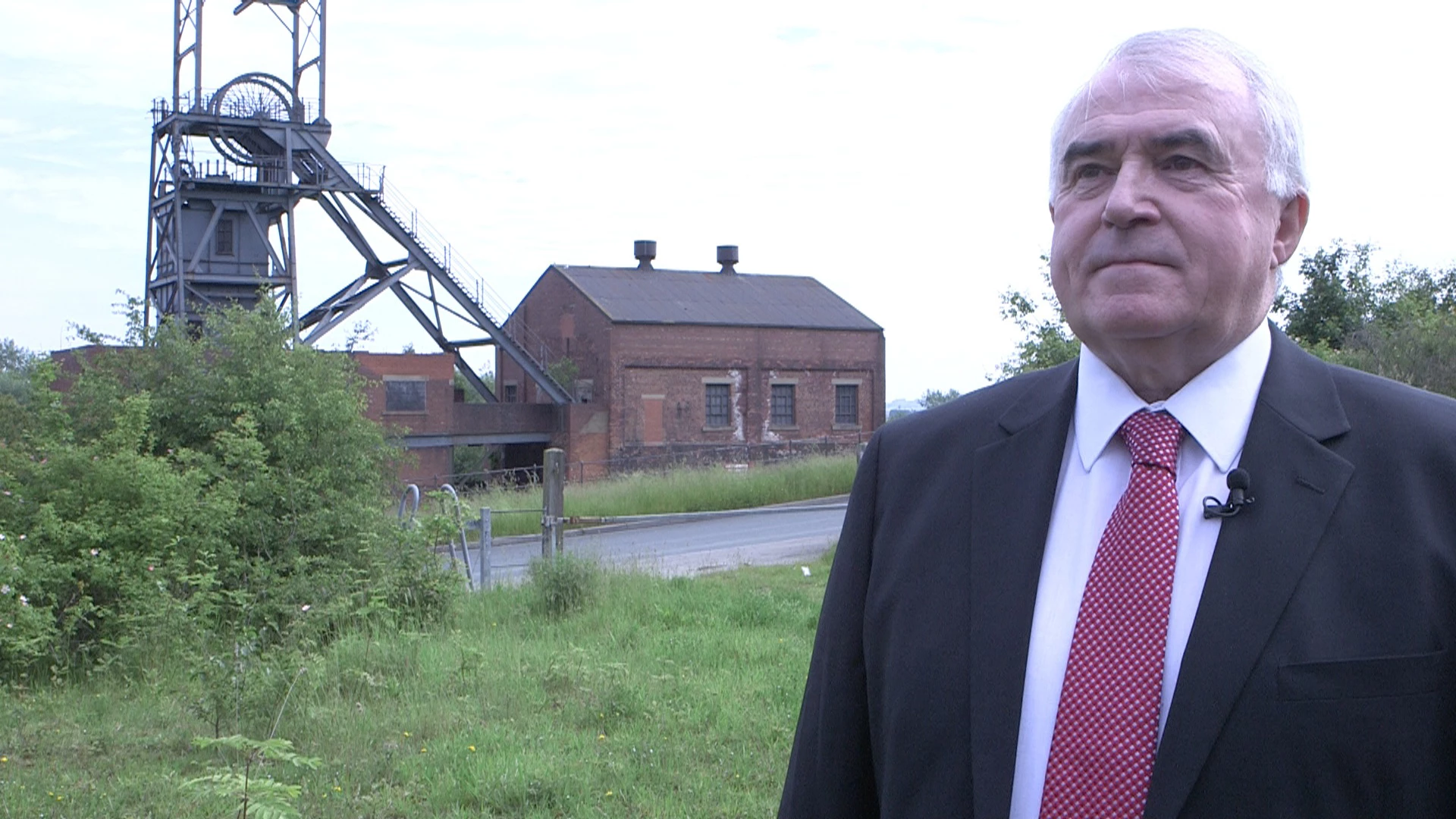
Partner Article
Pandemic has "wiped out ten years of progress in older industrial Britain" - New report
Unemployment in older industrial Britain is now above the levels experienced ten years ago in the wake of the financial crisis, and there is the possibility of further redundancies into the spring, says a new report.
Bringing together a wide range of official statistics to plug a key gap in the evidence base, the report looks at the impact of the coronavirus crisis on the economy, labour market and public health of older industrial towns, the former coalfields and the main regional cities of the Midlands, North, Scotland and Wales.
Most of these areas, which include about a third of the UK population, entered the crisis already lagging behind in terms of prosperity, well-being and life chances. The report finds that:
-
Between February and November 2020, unemployment rose by 310,000 in older industrial towns, 100,000 in the former coalfields and 140,000 in the main regional cities.
-
Over the year to November, claimant unemployment among 16-24 year olds in older industrial Britain roughly doubled.
-
By late 2020, the economic downturn had pushed the numbers on all out-of-work benefits across older industrial Britain to almost one-in-six of all adults of working age, and in some places as high as 20 per cent.
-
Additionally, very large numbers have been furloughed – at peak up to a third of all eligible employees in older industrial Britain, and still around 6-8 per cent before the recent lockdowns.
The report also documents the spread of the virus in this part of the country:
-
Over the whole pandemic up to the start of 2021, the rate of confirmed infections in older industrial Britain was on average 10-20 per cent above the UK average – a reflection, perhaps, of the lower share of the workforce able to work from home in places with fewer office jobs and more factories and warehouses.
-
Up to the start of 2021, the cumulative death rate in older industrial towns and the former coalfields was on average 30 per cent above the UK average – almost certainly a reflection of an older and less healthy population.
The new report was commissioned by the Coalfields Regeneration Trust and the Industrial Communities Alliance from researchers at Sheffield Hallam University’s Centre for Regional Economic and Social Research.
Professor Steve Fothergill, co-author of the report, said: “As the economy recovered from the financial crisis there was real progress in bringing down unemployment in older industrial Britain even though the problem had by no means been solved, but in less than a year since the onset of the pandemic the increase in unemployment across older industrial Britain has more than offset these gains.
“In effect, the pandemic has wiped out ten years’ economic progress in older industrial Britain.”
Peter McNestry, Chair of the Coalfields Regeneration Trust, said: “Once again, we are left to try to pick up the pieces as our communities are hit hard by another crisis. After the major losses of industry throughout the coalfields, then the government’s measures of 10 years of austerity, the effect of the pandemic cannot be ignored.
“This report provides the evidence in black and white that more needs to be done if our residents are ever to have a chance of moving forward.
“The government needs to keep levelling up firmly on the agenda and rather than talk about change, make it happen. We have provided detailed plans and strategies that will make a lasting and positive difference for generations, yet we cannot work alone.
“The impact of this pandemic will remain long after the UK economy is reporting recovery. We urge the government to focus on these forgotten communities, those most in need, before it is too late.”
Cllr Keith Cunliffe, National Chair of the Industrial Communities Alliance, said: “As this report shows, our older industrial areas were lagging behind before the crisis and have been hit hard during the economic downturn. When we finally emerge from the crisis we will still be lagging behind.
“Before the pandemic the Prime Minister made much play of his intention to ‘level up’ the regions. Older industrial Britain expected to be the main beneficiary of this new priority and this remains the expectation of many voters and newly elected MPs.
“There is a need to build a national economic recovery but, as the report shows, there is also a pressing need to stick with the levelling up agenda.”
This was posted in Bdaily's Members' News section by Nick Hill .
Enjoy the read? Get Bdaily delivered.
Sign up to receive our popular morning National email for free.








 Raising the bar to boost North East growth
Raising the bar to boost North East growth
 Navigating the messy middle of business growth
Navigating the messy middle of business growth
 We must make it easier to hire young people
We must make it easier to hire young people
 Why community-based care is key to NHS' future
Why community-based care is key to NHS' future
 Culture, confidence and creativity in the North East
Culture, confidence and creativity in the North East
 Putting in the groundwork to boost skills
Putting in the groundwork to boost skills
 £100,000 milestone drives forward STEM work
£100,000 milestone drives forward STEM work
 Restoring confidence for the economic road ahead
Restoring confidence for the economic road ahead
 Ready to scale? Buy-and-build offers opportunity
Ready to scale? Buy-and-build offers opportunity
 When will our regional economy grow?
When will our regional economy grow?
 Creating a thriving North East construction sector
Creating a thriving North East construction sector
 Why investors are still backing the North East
Why investors are still backing the North East